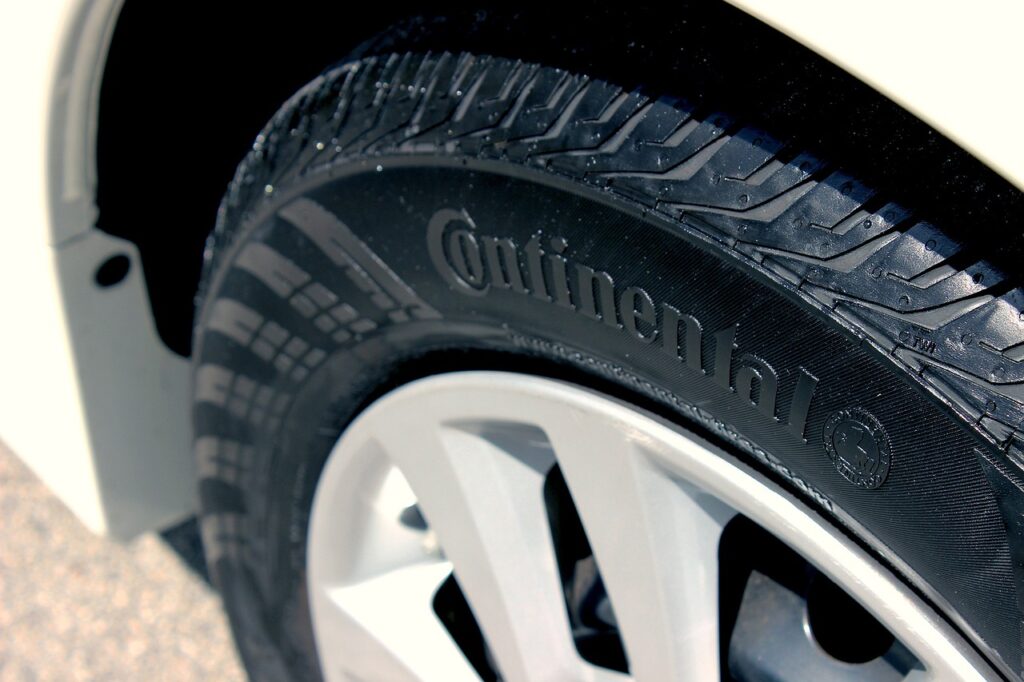Tires are one of the most critical components of a vehicle, directly impacting safety, performance, and fuel efficiency. Proper tire maintenance ensures longevity and reduces the risk of accidents caused by blowouts or poor traction. This guide covers essential tire maintenance practices and safety tips to help you keep your vehicle in optimal condition.
Importance of Tire Maintenance
Proper tire maintenance enhances driving safety, improves fuel efficiency, and extends tire lifespan. Neglecting tire care can lead to premature wear, decreased handling performance, and potential hazards on the road.
Benefits of Regular Tire Maintenance
- Enhanced Safety – Well-maintained tires provide better traction and handling, reducing the chances of accidents.
- Improved Fuel Efficiency – Properly inflated tires decrease rolling resistance, leading to better gas mileage.
- Extended Tire Lifespan – Routine inspections and maintenance prevent uneven wear and early replacements.
- Cost Savings – Preventing premature tire wear saves money on replacements and improves vehicle efficiency.
Essential Tire Maintenance Tips
1. Check Tire Pressure Regularly
Maintaining the correct tire pressure ensures optimal contact with the road and prevents excessive wear. Check your tire pressure at least once a month and before long trips using a reliable pressure gauge.
Steps to Check Tire Pressure:
- Refer to your vehicle’s manual or driver-side door sticker for the recommended tire pressure.
- Use a tire pressure gauge to check each tire.
- Inflate or deflate as needed to match the recommended pressure.
2. Inspect Tread Depth
Tire tread provides grip and prevents skidding, especially on wet or icy roads. The minimum legal tread depth is 2/32 inches, but replacing tires before reaching this depth enhances safety.
How to Check Tread Depth:
- Use a tread depth gauge for an accurate measurement.
- Insert a penny into the tread groove with Lincoln’s head facing down. If you see the top of Lincoln’s head, it’s time to replace the tire.
3. Rotate Tires Every 5,000-8,000 Miles
Rotating tires ensures even wear and prolongs their lifespan. Different vehicles require different rotation patterns, so check your owner’s manual for guidance.
4. Balance and Align Tires
Wheel balancing prevents vibrations, while proper alignment ensures even tire wear and stable handling. Have your wheels aligned and balanced during routine maintenance or if you notice uneven wear or steering issues.
5. Inspect Tires for Damage
Regularly inspect your tires for cuts, cracks, bulges, or embedded objects that may lead to air leaks or blowouts. If you notice any abnormalities, have your tires checked by a professional.
6. Avoid Overloading
Exceeding your vehicle’s load capacity puts excessive pressure on tires, leading to increased wear and a higher risk of blowouts. Always adhere to the manufacturer’s recommended load capacity.
7. Store Spare Tires Properly
If you have an extra set of tires, store them in a cool, dry place away from direct sunlight to prevent rubber degradation.
Common Tire Safety Tips
- Drive Cautiously – Avoid sudden acceleration, hard braking, and sharp turns to reduce tire stress.
- Replace Tires in Pairs – If replacing only two tires, install them on the rear axle for better stability.
- Use Season-Appropriate Tires – Switch to winter tires in snowy conditions and summer tires for high-performance driving in warm weather.
- Respond to Warning Signs – If you experience unusual vibrations, pulling to one side, or increased stopping distances, check your tires immediately.
Conclusion
Proper tire maintenance is essential for safe and efficient driving. Regular inspections, correct tire pressure, tread depth monitoring, and proper alignment all contribute to better performance and safety. By following these tire care practices, you can enhance your vehicle’s longevity, save money, and most importantly, stay safe on the road.
Make tire maintenance a routine habit, and your tires will reward you with optimal performance and safety for miles to come.

david Miller is an experienced English language expert with a deep passion for helping others communicate effectively and confidently. With a background in linguistics and literature, He provides clear, accessible insights on grammar, writing, and communication strategies. Through well-researched articles and practical advice, David Miller aims to make language learning both inspiring and achievable for readers of all levels.


